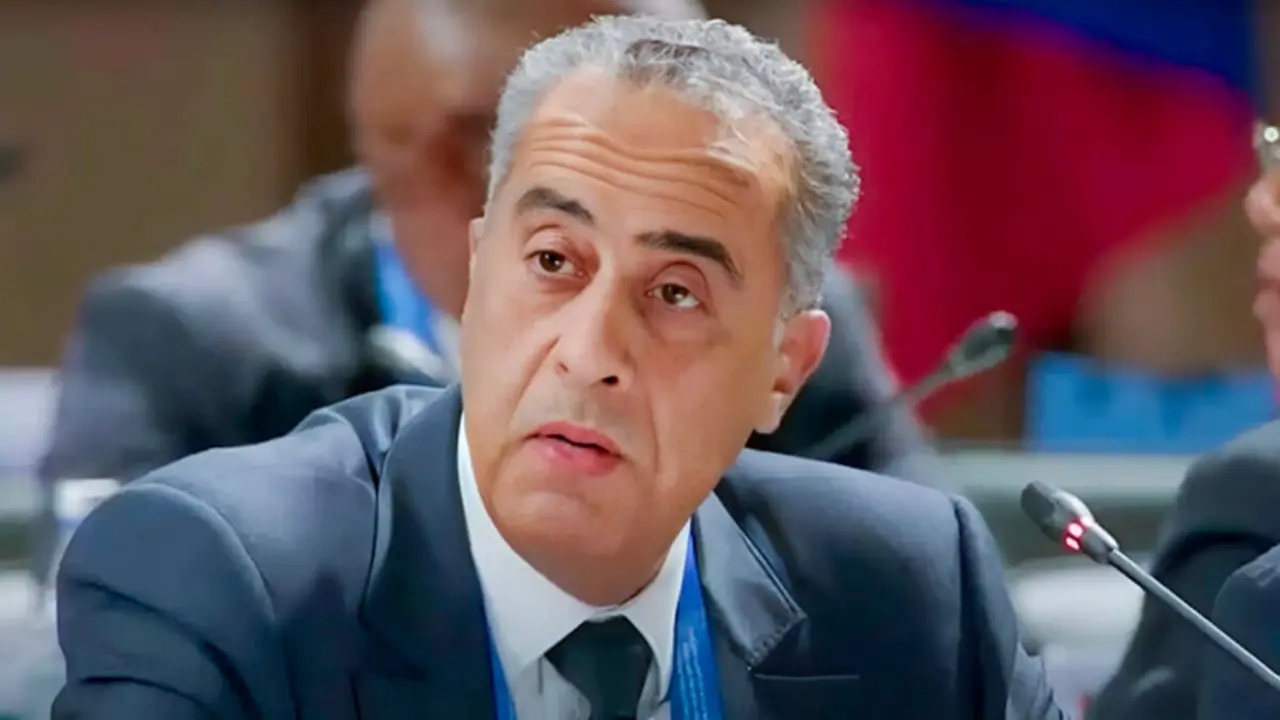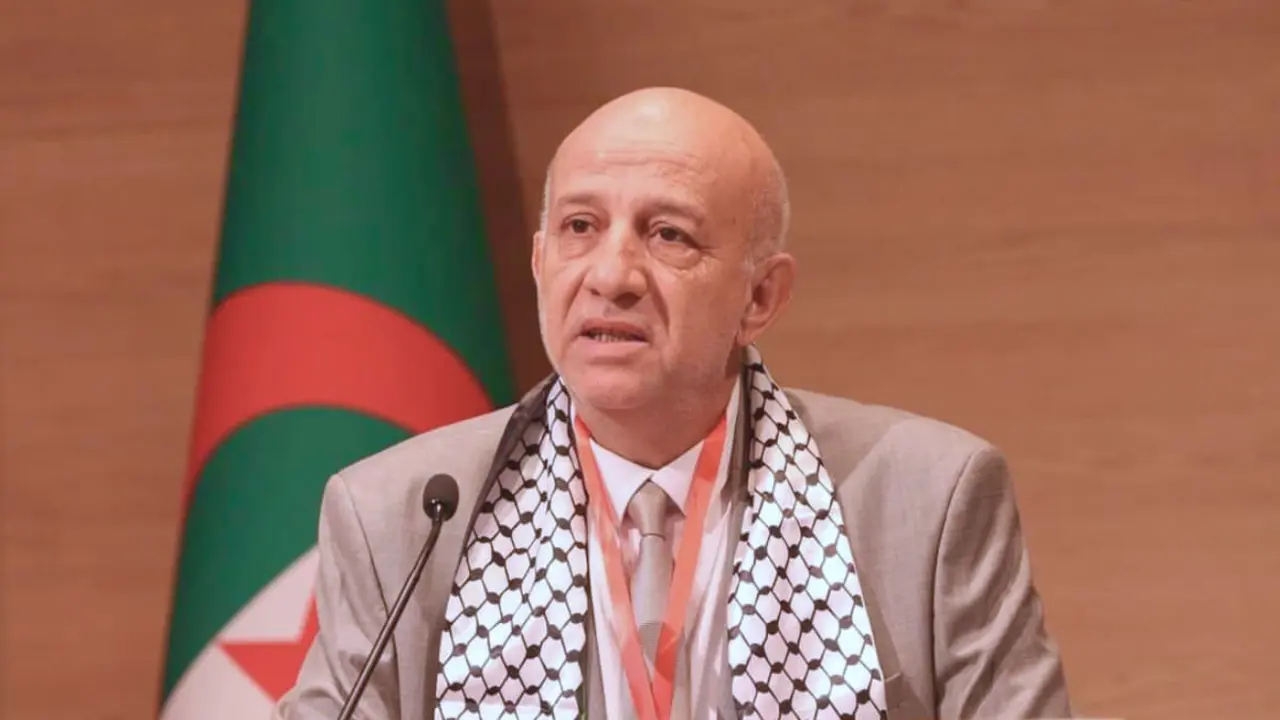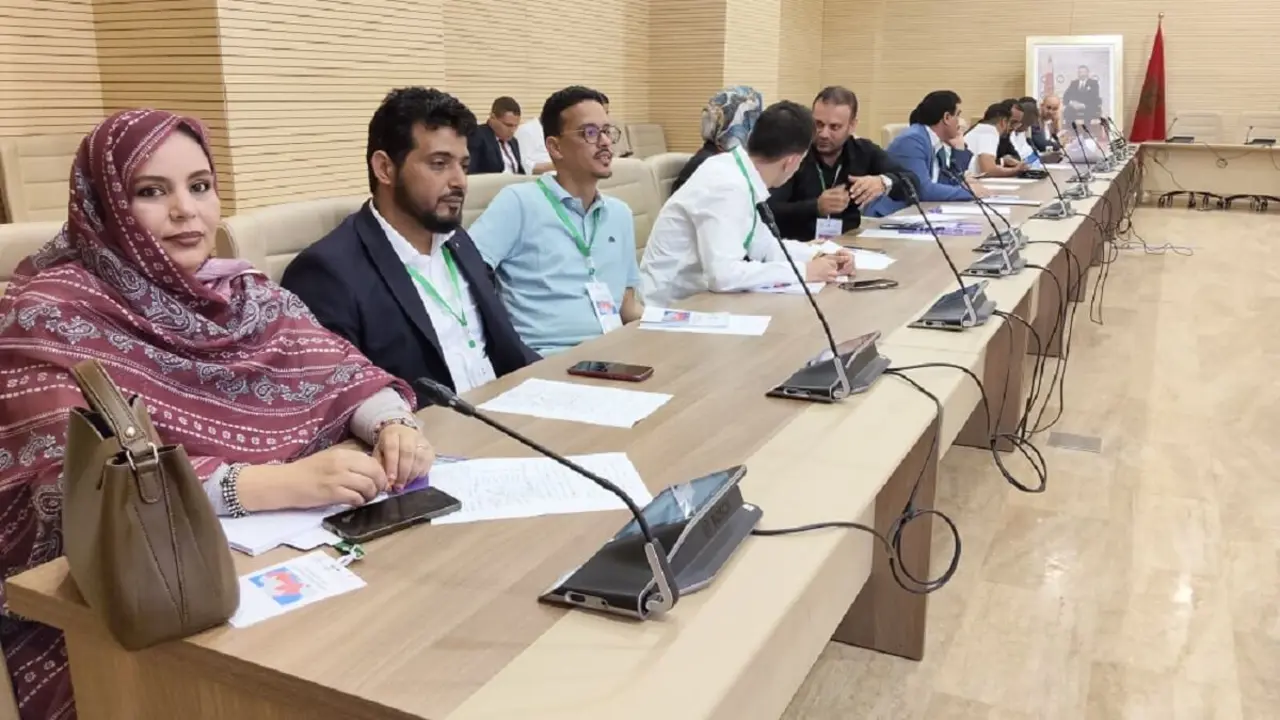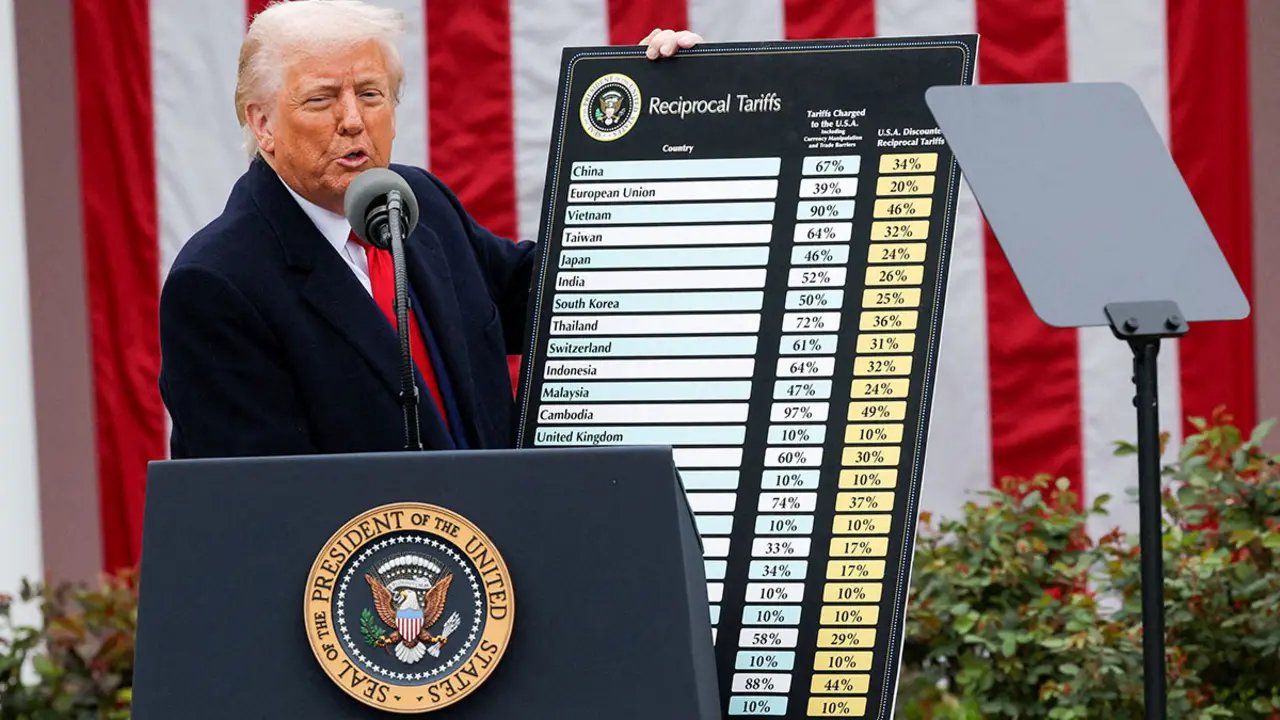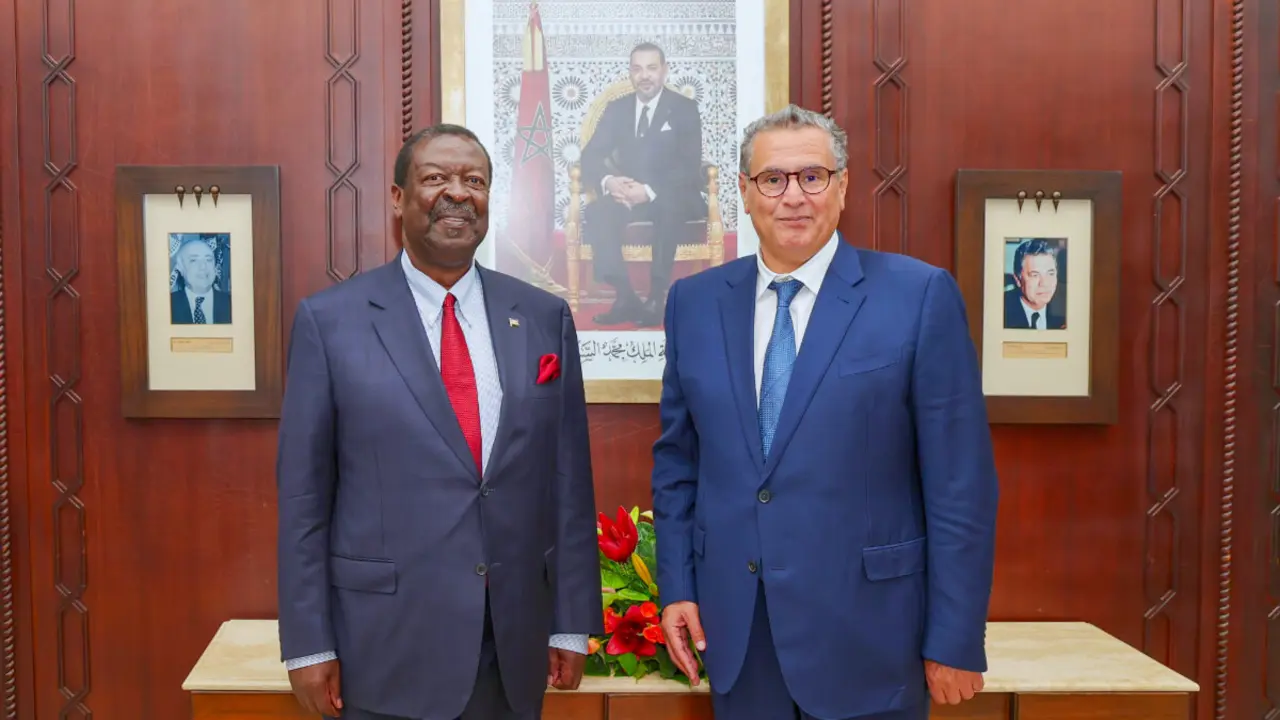The immediate future of jihadist terrorism, under debate

The Spanish Minister of the Interior, Fernando Grande Marlaska, opened the course "The Immediate Future of Jihadist Terrorism: Global Trends, Regional Conflicts and Internal Dynamics", organised by the Victims of Terrorism Foundation and the Victims' Memorial Centre, which is being held as part of the Complutense University's summer programme in El Escorial.
Also in attendance were the undersecretary Isabel Goicoechea Aranguren and the director of the Victims' Office, Montserrat Torija.
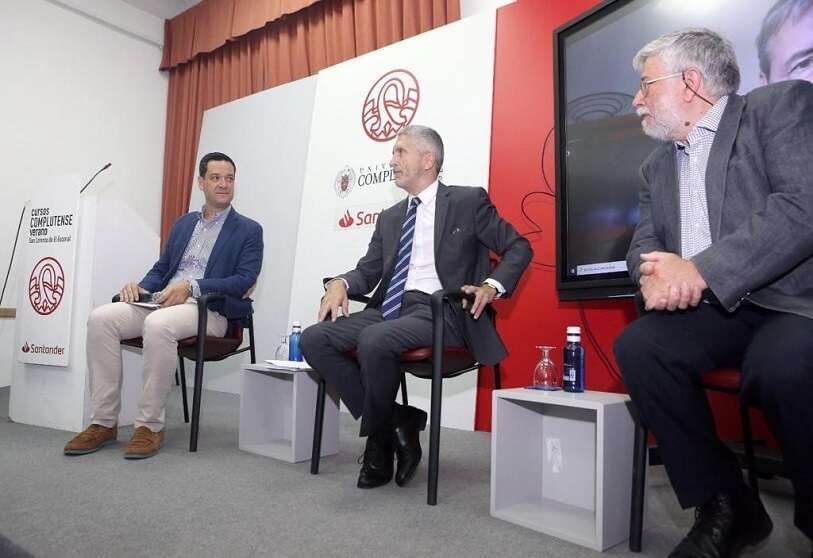
The course director, Manuel Torres Soriano, Professor of Political Science at the Pablo de Olavide University in Seville, opened the seminar with an analysis of leadership processes within terrorist organisations, proposing an assessment of the strategy of eliminating the top leadership in order to weaken them. Although it is true that it allows them to be deprived of their most experienced members and forces them to focus on guaranteeing their survival instead of planning attacks, it can also have counterproductive effects, he stressed. For Torres Soriano, there is the possibility of turning an uncharismatic ringleader into a martyr, or of the successor's skills and barbarity exceeding those of the fallen ringleader. In any case, he stressed that the consequences of this strategy must be seen in the long term.
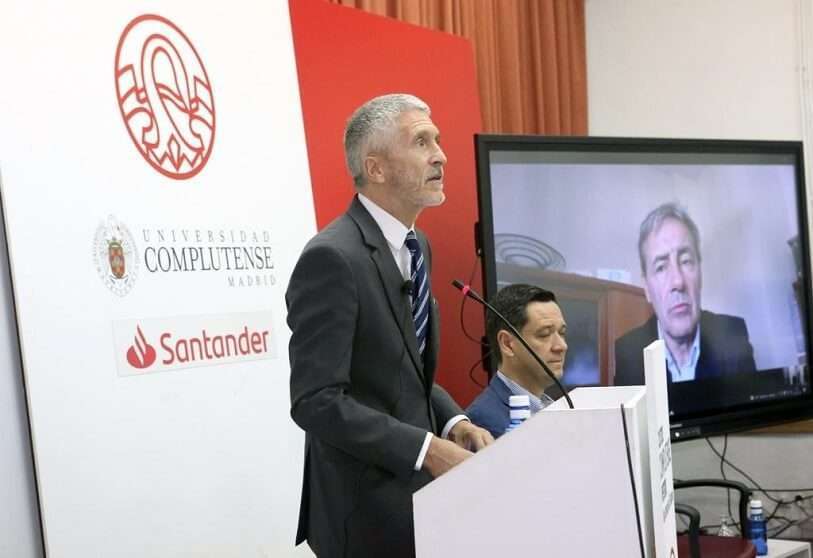
Another of the topics discussed was the inspiration and international connections of Jihadist activism in Spain at the round table with the participation of Alfonso Fraile, from the Centre for Intelligence against Terrorism and Organised Crime (CITCO), Manuel Rodríguez García Risco, from the General Commissariat of Information of the National Police Corps, Francisco Vázquez, colonel and head of the Unit against International Terrorism of the Information Headquarters of the Civil Guard, and Lluis Paradell i Fernández, inspector of the General Commissariat of Information of the Mossos d'Esquadra.
All insisted on the transnational dimension of the jihadist phenomenon, a characteristic that is even more evident in the virtual sphere, which is why it is essential for the affected states to collaborate in both the police and judicial spheres. In this respect, Manuel Rodríguez García Risco referred to the challenges posed by cooperation between countries due to mismatches in legal matters, a difficulty that is even greater when the same values are not shared. Mentioning the investigation into the murders of Roberto Fraile and David Beriain in April last year in Burkina Faso, he stressed the importance of having capable and reliable interlocutors in the fight against jihadism.
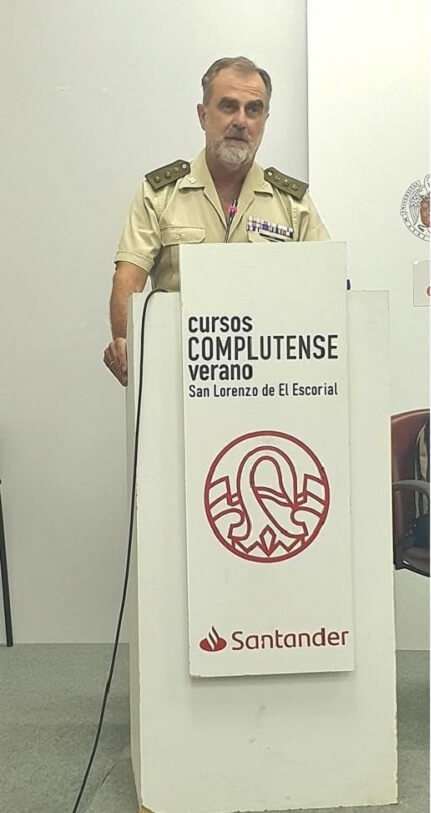
Alfonso Fraile focused his presentation on Foreign Terrorist Fighters (FTC), those individuals who moved to combat zones to join a terrorist organisation or group. According to the consolidated list of FTC drawn up by CITCO, the phenomenon concerns 260 people in Spain, mostly males between 18 and 39 years of age. Some of them have reportedly died or returned to Spain, but Alfonso Fraile stressed the difficulty of providing exact figures. The expert emphasised the dangerousness of these individuals trained in the handling and use of weapons and explosives, who also benefit from the status of heroes in the eyes of sympathisers and the possibility of reactivating their network of contacts with other mujahideen.
Francisco Vázquez highlighted inspiration as a key concept in the jihadist phenomenon, stressing the importance of countering the processes of self-training and the dissemination of propaganda. Therefore, although the operations carried out in the fight against jihadism are often less spectacular than those carried out against ETA and lead to the dismantling of large cells and the seizure of numerous explosives and weapons, they should not be underestimated, he stressed.
Lluis Paradell i Fernández outlined the scenario that could arise in Catalonia in a context marked by the coming to power of the Taliban in Afghanistan and the expansion of jihadism on the African continent. He envisaged the possibility that the autonomous community could serve as a base for a local jihadist network, and that attacks could be committed by Al Qaeda or directed from Africa. He also warned of the danger posed by individuals with unpredictable profiles who could escape the control of the security forces.
The day concluded with a presentation by Colonel Javier Ruiz Arévalo, Colonel of the Spanish Army, Training and Doctrine Command, who gave a strategic lesson on the international withdrawal from Afghanistan.
The colonel stated that the attempt to democratise Afghanistan was not a mistake, recalling that this process initiated by the Afghans had been brutally interrupted by the 1973 coup d'état. He blamed the current situation on the lack of state-building and the shortcomings of the Afghan army, but also on a serious lack of information in the face of the Taliban's advance in rural areas. Another mistake was to set a date but no conditions for the US withdrawal, negotiated without the Afghan government. These new circumstances could encourage jihadist organisations to take root in Afghanistan due to the Taliban's insufficient control of the territory. However, Javier Ruiz Arévalo qualified the scope of the threat, stressing that most of the states in the region have an interest in promoting stability in Afghanistan so that it can assume a role as a trade corridor that would benefit regional actors.
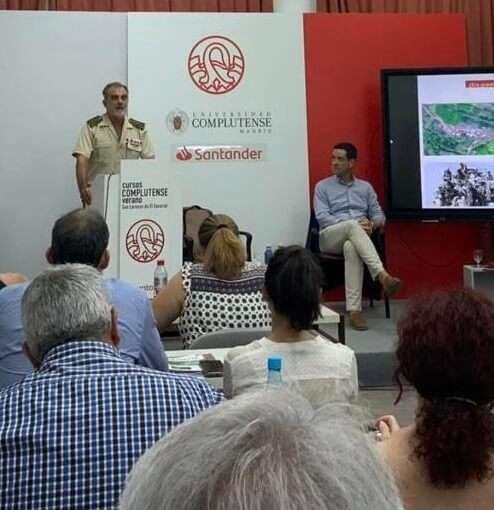
The second day will focus on the prevention of violent radicalisation, the Sahel, the global fight against terrorism and the testimonies of relatives of the victims in Burkina Faso and the Bataclan hall in Paris.


